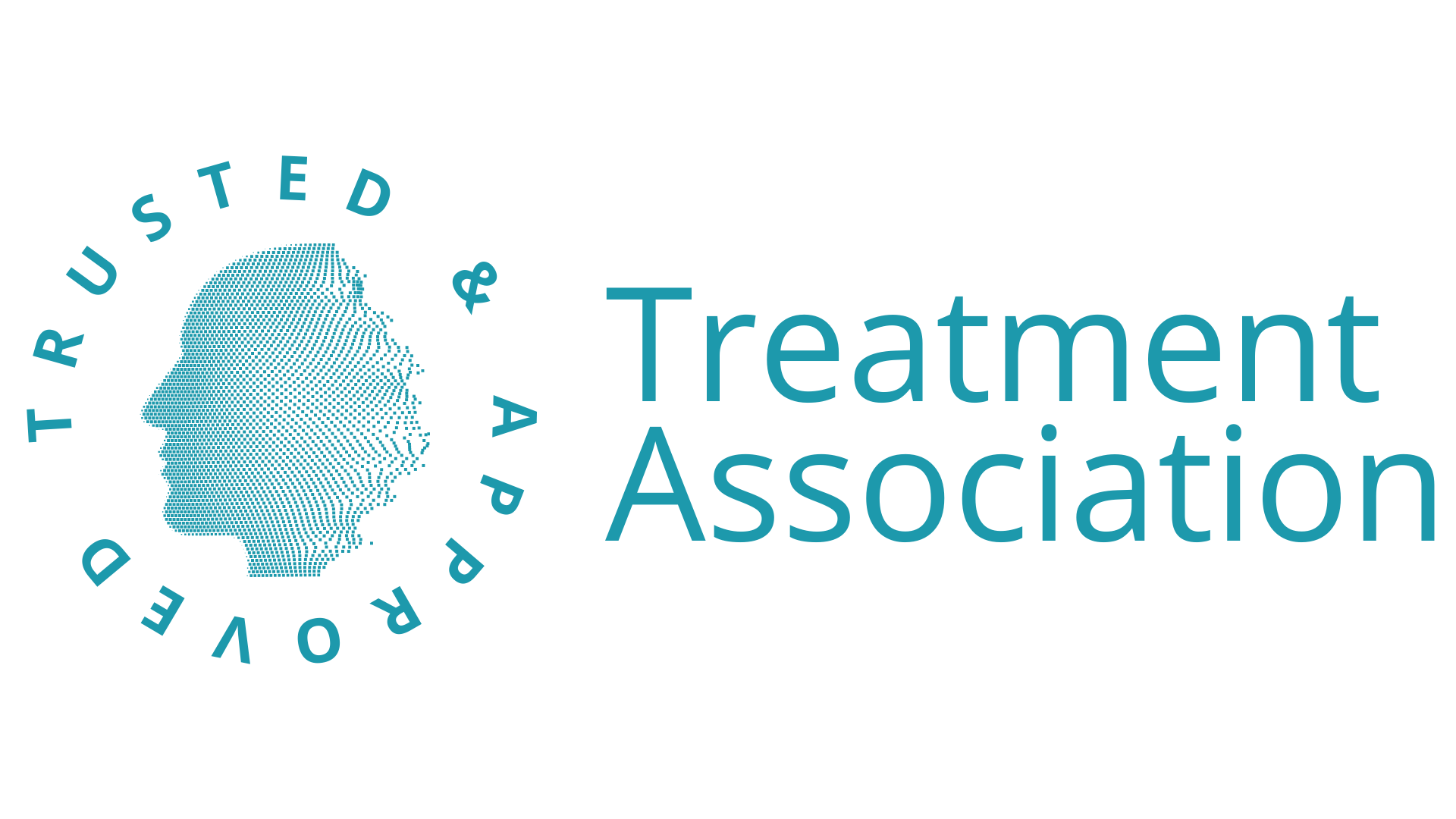In today’s competitive healthcare landscape, treatment centers need to stand out from the crowd to attract more clients. One proven way to do this is by obtaining proper certification and accreditation. In this article, we’ll explore the benefits of these recognitions and explain how they can significantly increase leads and admissions for your facility.
Benefits of Certification and Accreditation
Enhanced Credibility
When clients search for a treatment center, they look for facilities that have a proven track record of providing quality care. Certification and accreditation are symbols of such excellence. They demonstrate that your center meets or exceeds industry standards, giving clients confidence in the services you offer.
By showcasing these achievements on your website and marketing materials, you can enhance your credibility and appeal to a broader audience. Potential clients will be more likely to consider your facility as they will see that it adheres to the highest standards in patient care, safety, and management practices.
Compliance with Industry Standards
Certification and accreditation ensure that your treatment center complies with the stringent requirements set forth by relevant governing bodies. These requirements cover areas such as staff qualifications, patient care procedures, facility maintenance, and record-keeping.
By meeting these standards, your treatment center demonstrates its commitment to providing the highest quality care. This can lead to increased trust and confidence from clients, professionals, and even insurers – all of which can help generate more leads and admissions.
Improved Marketing and Outreach
Certification and accreditation can also serve as valuable marketing tools. By displaying these recognitions on your website, social media, and promotional materials, you can showcase your commitment to quality care and differentiate your treatment center from competitors.
Furthermore, accreditation can improve your center’s online visibility. Many accrediting bodies maintain directories of accredited treatment centers, which can drive more traffic to your website. Additionally, search engines may consider certification and accreditation when ranking websites, potentially boosting your search engine optimization (SEO) efforts and helping you reach a larger audience.
Types of Certification and Accreditation
H2: National and Regional Certifications
There are various types of certifications available to treatment centers, depending on the region and the specific services offered. Some examples of national certifications include:
- The Joint Commission: This accreditation organization evaluates and accredits healthcare organizations in the United States, including treatment centers, based on their compliance with established standards.
- CARF International: The Commission on Accreditation of Rehabilitation Facilities (CARF) offers accreditation for treatment centers focused on rehabilitation, behavioral health, and other human services.
In addition to national certifications, some states and regions may have their certification programs, which can further enhance your treatment center’s credibility.
Examples of Accrediting Bodies
Aside from the Joint Commission and CARF International, other notable accrediting bodies include:
- Council on Accreditation (COA): COA offers accreditation for organizations providing social services, including substance abuse treatment centers.
- National Committee for Quality Assurance (NCQA): NCQA provides accreditation for healthcare organizations, including behavioral health treatment centers, focusing on quality improvement and patient-centered care.
It’s essential to research the relevant accrediting bodies for your treatment center and determine which certifications and accreditations would be most beneficial for your facility.
Case Studies: Successful Treatment Centers
How Certification and Accreditation Boosted Admissions
Numerous treatment centers have experienced increased admissions after obtaining certification and accreditation. For instance, a residential treatment center in California saw a 25% increase in admissions within six months of receiving Joint Commission accreditation. The center’s management attributed this growth to the enhanced credibility and visibility that the accreditation provided.
Similarly, a substance abuse treatment center in New York reported a 30% increase in referrals from healthcare professionals after obtaining CARF accreditation. These professionals felt more confident in referring their patients to a facility with recognized credentials, ensuring quality care.
H2: Strategies for Success
Treatment centers that have successfully increased admissions after obtaining certification and accreditation have employed various strategies, including:
- Promoting their achievements through website updates, social media posts, and press releases, raising awareness about their commitment to quality care.
- Actively participating in industry conferences, networking events, and online forums, showcasing their expertise and fostering relationships with other professionals in the field.
- Regularly monitoring their online presence and search engine rankings, ensuring that their certification and accreditation are prominently displayed and easily accessible to potential clients.
How to Obtain Certification and Accreditation
Steps to Follow
The process of obtaining certification and accreditation varies depending on the specific governing body. However, some general steps include:
- Research the relevant accrediting bodies for your treatment center and review their requirements and application processes.
- Conduct a thorough self-assessment of your facility to identify areas that may require improvement or documentation before applying for certification and accreditation.
- Develop a plan to address any gaps or deficiencies and allocate sufficient resources, including staff and funding, to implement the necessary changes.
- Prepare and submit your application, along with any required documentation and fees, to the relevant accrediting body.
- Undergo a site visit or evaluation process, during which your treatment center will be assessed for compliance with the accrediting body’s standards.
- Implement any corrective actions or improvements recommended by the accrediting body, and maintain compliance with their ongoing requirements to retain your certification and accreditation.
H2: Time and Resources Required
The time and resources required to obtain certification and accreditation can vary widely, depending on the complexity of your treatment center and the specific accrediting body. It’s crucial to allocate sufficient time and resources to the process, as it may involve extensive documentation, staff training, and facility improvements.
Join Treatment Association
Achieving certification and accreditation is a significant accomplishment for your treatment center, but it’s only the beginning of your journey towards excellence in care. By joining the Treatment Association, your facility can access invaluable resources, support, and networking opportunities to succeed in the ever-evolving healthcare landscape. Becoming a member is a simple process; all you need to do is pay the membership fee and submit your information. Once you’ve completed these steps, our dedicated staff will reach out to you with additional questions to qualify your center and initiate the certification process. Unlike other certification programs, the Treatment Association does not require lengthy on-site visits, ensuring a streamlined and efficient process.
As a Treatment Association member, your center will benefit from the collective knowledge and experience of industry professionals, all working together to elevate the standard of care in mental health and addiction treatment. The Treatment Association’s commitment to providing ongoing support and resources empowers your facility to adapt and thrive in the dynamic healthcare environment. Join the Treatment Association today and unlock the full potential of your treatment center.
Benefits of Membership
As a member of the Treatment Association, your facility will enjoy a wide range of benefits, including:
- Receive referrals from Treatment Association’s online directory of providers.
- Gain quality backlinks from our website.
- Gain access to an exclusive community of mental health and addiction treatment professionals.
- Share your content on the Treatment Association website and social media platforms.
- Get the ability to reshare social media posts from our social channels to increase your online presence.
- Get social media post ideas and templates to help you craft engaging content.
- Receive discounted rates on advertising and marketing services.
- Stay up to date on the latest SEO trends and strategies for mental health and addiction treatment.
- Access a library of resources, including webinars, e-books, and whitepapers, on various topics related to treatment.
- Get personalized assistance with your marketing strategy and implementation.
- Connect with like-minded professionals to collaborate and share ideas.
- Receive regular updates on new research, treatment methods, and legislative changes.
- Showcase your expertise by contributing to the Treatment Association blog.
- Gain recognition for your commitment to ethical and evidence-based treatment practices.
- Access to our staff and their years of experience in online marketing.
- Access to Treatment Association’s newsletter with information on upcoming events, legislative changes, and other relevant news.
- And more!






